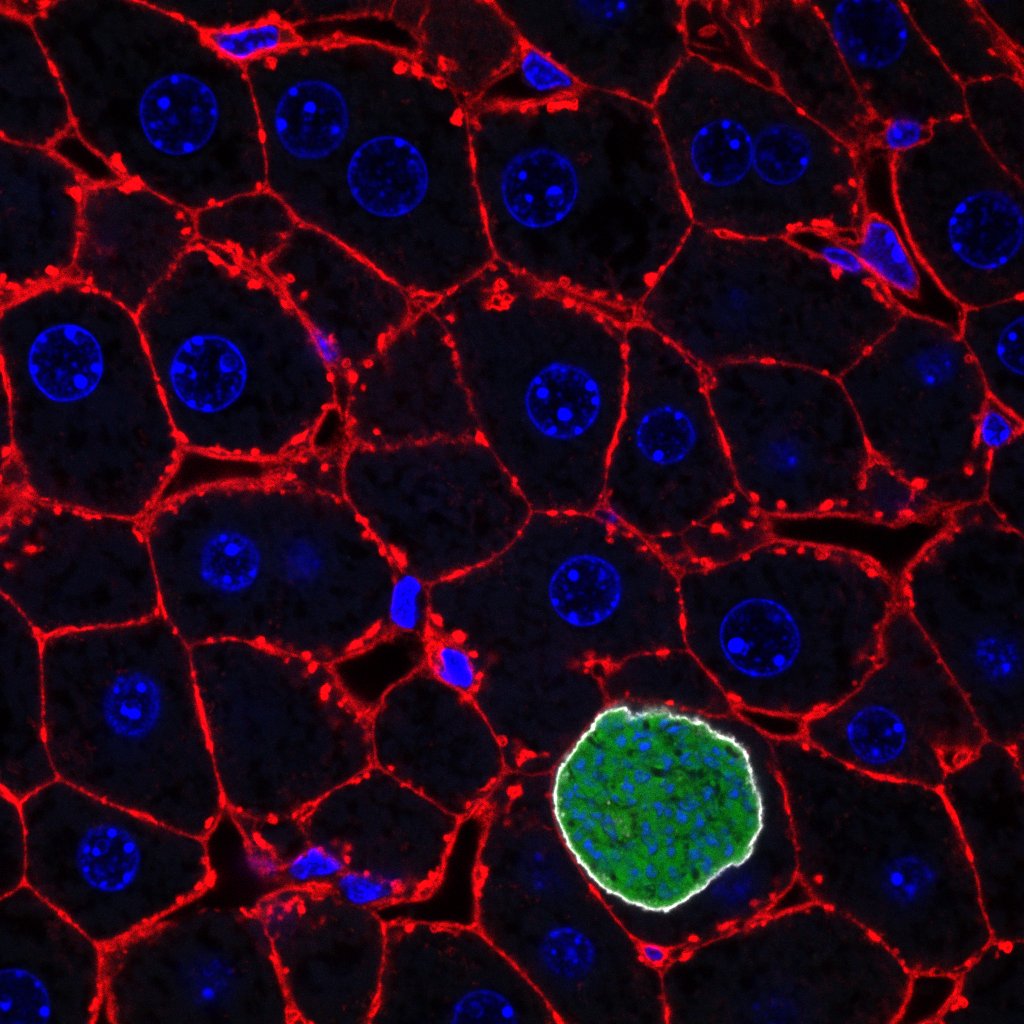Humans Inoculated with Genetically Modified Malaria Parasites
Date: 20.5.2020
Two clinical trials, in which subjects were vaccinated with genetically engineered Plasmodium parasites and later exposed to the malaria-causing microbe, showed the vaccines to be safe with promising, but not ideal, efficacy.
 Certain parasites of the Plasmodium genus, including P. falciparum and P. vivax, cause malaria when transmitted to humans via mosquito bites. These parasites have “impacted human health throughout history,” says malaria researcher Stefan Kappe of the University of Washington and Seattle Children’s Research Institute who is developing his own engineered parasite vaccine but was not involved in the studies. With more than 200 million cases of malaria causing more than 400,000 deaths per year, the majority of which are children, “we urgently need a vaccine,” Kappe adds.
Certain parasites of the Plasmodium genus, including P. falciparum and P. vivax, cause malaria when transmitted to humans via mosquito bites. These parasites have “impacted human health throughout history,” says malaria researcher Stefan Kappe of the University of Washington and Seattle Children’s Research Institute who is developing his own engineered parasite vaccine but was not involved in the studies. With more than 200 million cases of malaria causing more than 400,000 deaths per year, the majority of which are children, “we urgently need a vaccine,” Kappe adds.
One of main approaches is to use the whole attenuated parasite. The idea being that the live but weakened bug will activate the immune system more potently than non-living protein vaccines. One strategy for attenuation is to blast the parasites with radiation. But, because irradiation doesn’t affect each parasite equally – some are mildly affected, others killed – and because dead parasites “probably don’t contribute” as much to immunization.
“It is a very inefficient production process,” says Robert Sauerwein of Radboud University in the Netherlands who coauthored both papers. “You need many, many parasites and that means many, many mosquitoes” to get a dose of vaccine. Sauerwein and colleagues have instead developed genetically attenuated parasites that should be “cheaper and safer,” he says.























